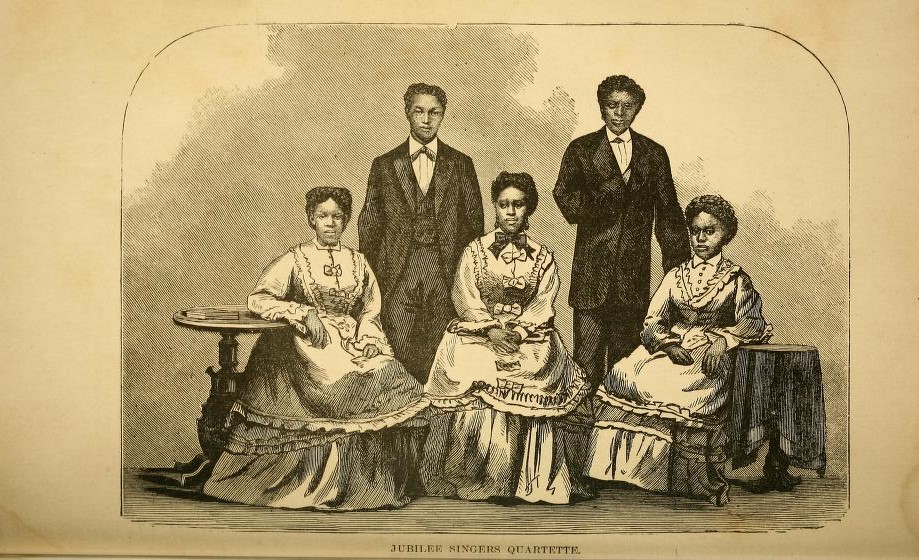Deep River
Traditional |

 |
How do you think the performance (on the recommended recording) differs from how the song was originally performed? Where and how do you think it was sung during the Civil War era? Who do you think sang this song originally? |
 |
What words describe the mood of this song? How are these feelings expressed? Why is the song so sad? |
 |
What symbols or metaphors are used? What do the symbols stand for? What does “Deep River”—the Jordan River—stand for? What do you think “campground” means? |
 |
Why were spirituals so important to Africans Americans both before and after emancipation? What other Spirituals do you know that use symbols or metaphors? Why do you think Spirituals use so many metaphors?
|
|

"Deep River" performed by Paul Robeson on The Originals: Spirituals © 2006. Available on iTunes, Spotify, and YouTube.
Paul Robeson (1898–1976) was born to a former slave. He studied law at Columbia University and received his degree in 1923. Robeson worked as a law clerk in New York but left the practice because a white secretary refused to take dictation from him. After leaving the law firm, he focused on a career as an actor and singer. He starred in Eugene O’Neill’s All God’s Chillun Got Wings and Emperor Jones and in the musical Showboat, in which he changed the lines of the song “Old Man River.” Robeson believed in the universality of music and that by performing Spirituals and other cultures’ folk songs, he could promote intercultural understanding. As a result, he became a citizen of the world, singing for peace and equality in twenty-five languages. |

View music and lyrics for "Deep River." |
|

The African American Spiritual has many unique social and musical functions. Musical practices such as the “call and response” form and liberal use of improvisation were built on African roots. The genre’s rich vocabulary of metaphor and double meaning served a practical function for a people who could not express themselves freely. Like this song, many spirituals refer to a home “over Jordan”—certainly a heavenly home, but also a lost home across the ocean in Africa.
The first known appearance of “Deep River” was in 1875 in The Story of the Jubilee Singers (London, 1875). The song became widely known thanks to the Fisk Jubilee Singers, a group of African American singers who toured the US, England, and Europe on behalf of Fisk University in Nashville, Tennessee.
Though spirituals are a form of folksong, beginning with the Fisk Jubilee Singers in the 1870s classically trained musicians have also arranged them as concert pieces. In arrangements, most notably by Harry T. Burleigh and James Weldon Johnson, they have been frequently performed by great concert vocalists of the twentieth century, including Paul Robeson, Leontyne Price, and Jessye Norman.

The Jubilee Singers, circa 1873, from Gustavus D. Pike’s The Jubilee Singers and their campaign for twenty thousand dollars. |


